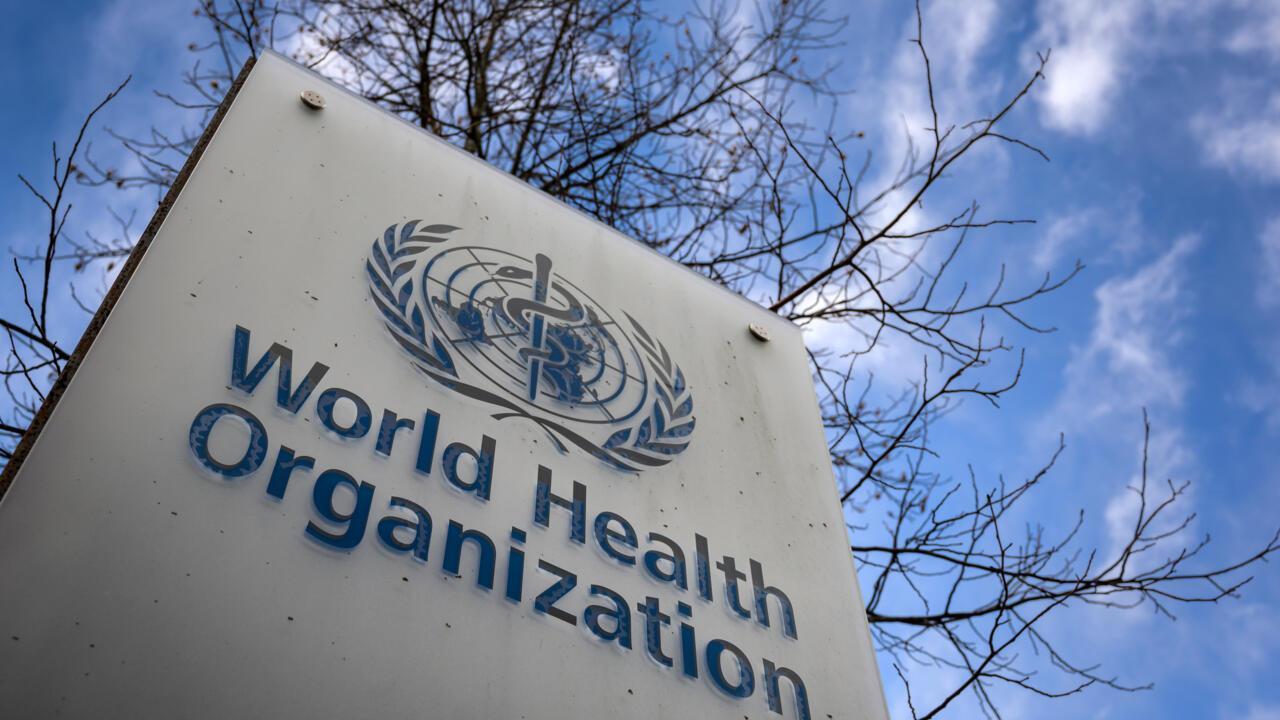After Greece, Spain also suffers downgrade
Agence France-Presse
Spain, facing its deepest recession in decades, on Monday became the second eurozone country in less than a week to have its long-term debt rating cut by Standard and Poor's due to concerns over rapidly deteriorating public finances.
S and P lowered its rating on debt issued by Spain by one notch to AA-plus from AAA, the highest possible level, just days after it downgraded Greece and warned Ireland and Portugal they faced a similar fate, sparking fresh concerns over the outlook for a deteriorating eurozone economy.
"The downgrade ... reflects our expectations that public finances will suffer in tandem with the expected decline in Spain's growth prospects," it said in a statement. The government on Friday slashed its forecasts for the Spanish economy, the fourth-largest in the eurozone, to a contraction of 1.6 percent this year from the 1.0 percent previously forecast as the collapse of a decade-long real estate boom adds to the problems created by a global credit crunch. Ratings agencies are used in financial markets to measure the risks of a default by a borrower.
The move will likely make raising money in debt markets more expensive for Spain as investors demand a higher rate of interest to compensate them for the perceived higher level of risk.
It will also likely boost strains in the eurozone since investors are already discriminating between weaker and stronger debtors, with powerhouse Germany paying less interest on its bonds than the rest of Europe. Nations across the world including Spain are set to issue trillions of dollars in government bonds this year to pay for expensive economic stimulus packages to fight the global downturn.
Spain expects its public deficit will climb to 5.8 percent of gross domestic product in 2009 from 3.4 percent last year due to the combined effects of falling tax revenues and the cost of a major spending plan it has launched to counter a deepening recession. It predicts the budget shortfall will rise to 4.8 percent of GDP in 2010 and then fall 3.9 percent.
Others are more pessimistic. The European Commission predicted earlier Monday that the deficit will reach 6.2 per cent of GDP in 2009 while S and P sees it hitting 6.6 per cent. Jose Carlos Diez, chief economist in Madrid at Intermoney SA, Spain's largest bond dealer, however defended the government stimulus measures, arguing that without them the fall in tax revenues would be sharper.
"I can guarantee you that if we did not take advantage of our financial margin to fight the recession, the fall in public revenues in 2010 would be so disproportionate that we would have problems, " he wrote in a note. Spain posted a budget surplus between 2004 and 2007 but fell back into deficit last year due to the abrupt slowdown in the economy.
Economy Minister Pedro Solbes, who last week said Spain faced its sharpest contraction in five decades as he unveiled the government's latest economic forecasts, shrugged off the downgrade on Monday in Brussels. "I'm worried in the sense that it is worse than in the previous situation. I'm not worried in the sense that the situation is quite comfortable," he said as he arrived in the city for a meeting with his eurozone counterparts.
"I think AAA is a very good qualification. AA-plus is quite positive still," he said, adding that "it reflects what is happening in markets." AAA is the highest possible rating, while AA-plus indicates that Spain has a very strong capacity to repay its borrowings, according to S and P's scale. Ratings agency Fitch, meanwhile, said Monday it was holding its top-notch AAA rating on Spanish debt. Spain received a triple A rating for the first time in 2004, according to Solbes.
















